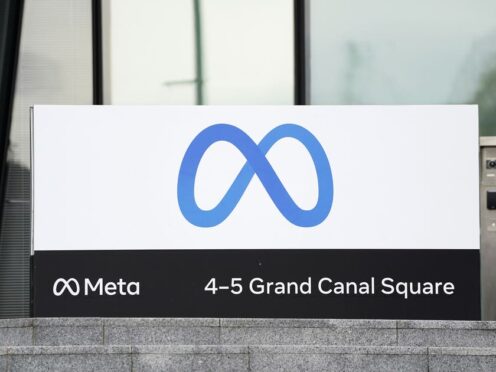The European Union said it is scrutinising Facebook and Instagram over a range of suspected violations of the bloc’s digital rulebook, including not doing enough to protect users from foreign disinformation ahead of EU-wide elections.
The EU’s Executive Commission said it is opening formal proceedings into whether parent company Meta Platforms breached the Digital Services Act, a sweeping set of regulations designed to protect internet users and clean up social media platforms.
Brussels has been cracking down on tech companies since the DSA took effect last year, opening investigations into social media sites TikTok and X, formerly known as Twitter, and e-commerce platform AliExpress.
We have opened formal proceedings against Meta to assess whether Facebook and Instagram may have breached the Digital Services Act in areas linked to:
▪️ Disinformation▪️ Visibility of political content▪️ Non-availability of election-monitoring tools▪️ Mechanisms to flag… pic.twitter.com/2Fu0LGzINy
— European Commission (@EU_Commission) April 30, 2024
TikTok last week bowed to EU pressure and halted a reward feature on its new app after the Commission started demanding answers about it.
“We have a well established process for identifying and mitigating risks on our platforms,” Meta said in a statement.
“We look forward to continuing our co-operation with the European Commission and providing them with further details of this work.”
The Commission said it is looking into whether Meta is doing enough to curb the spread of “deceptive advertisements, disinformation campaigns and coordinated inauthentic behaviour” that could pose a risk to “electoral processes” and consumer protection.
Officials said it did not appear that the company has an effective mechanism for content moderation, including for advertisements made with generative AI, including deepfakes – a shortcoming that they said appears to have been exploited by malicious actors for foreign interference.
The EU also suspects that Facebook and Instagram might be reducing the visibility in recommendation feeds of political content from accounts that pump out a lot of it – a practice known as shadowbanning – and not being transparent about it with users, which would be in violation of the DSA.
A third concern is that Meta is phasing out the use of Crowdtangle, a tool used for real-time election-monitoring used by researchers, journalists and civil society.
The Commission is giving Meta five days to respond with information on any “remedial measures” it is taking to make up for its loss.
EU officials are taking measures to safeguard elections as citizens of the bloc’s 27 nations prepare to vote for lawmakers in June.
The Commission is also investigating whether Meta’s mechanism for users to flag illegal content is good enough under the DSA, because it suspects that method isn’t easy to access and user-friendly.
